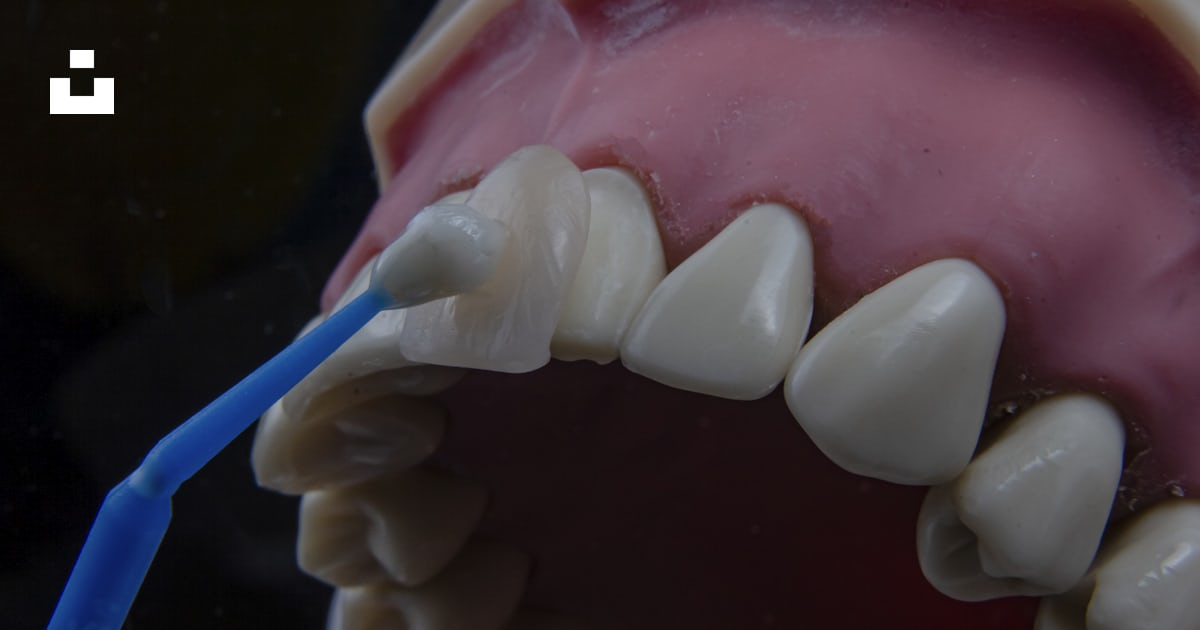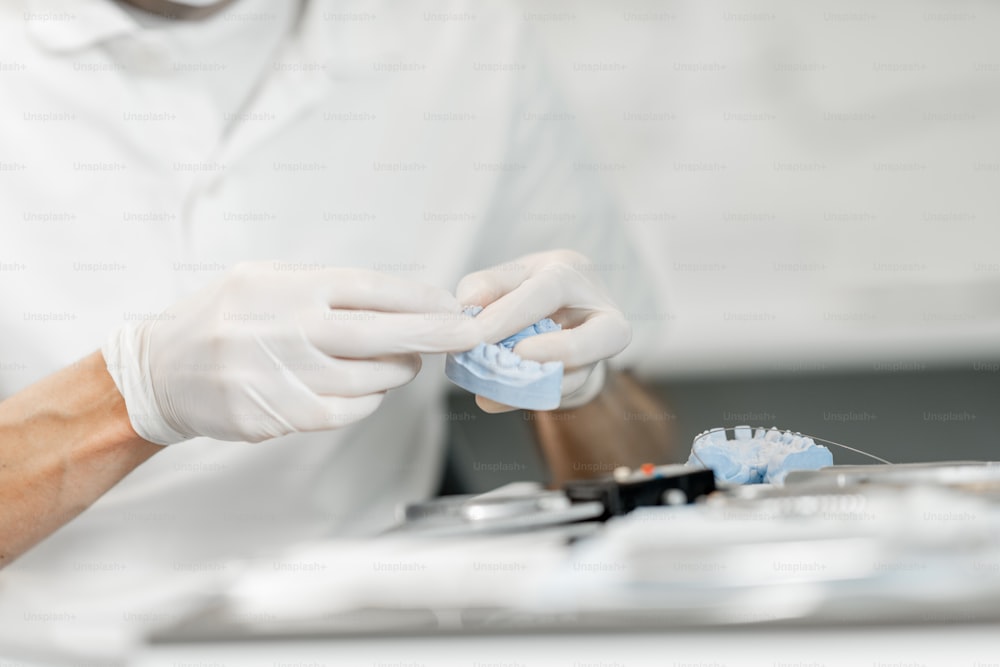Dental Implants Marietta OH - Mono Dental Implant Sunbury OH
Dental Implant Alexandria OH - Oral Surgeon - Oral Surgery Office
When determining what type of anesthesia is used for dental implants, it becomes important to discover numerous choices out there to sufferers. The alternative of anesthesia can considerably impression the consolation of the process, the overall expertise, and the pace of recovery. Dental Implant Granville OH.
Local anesthesia is the most generally used kind for dental implant surgeries. In this method, an anesthetic agent is injected close to the surgical website. Local anesthesia successfully numbs the targeted area, permitting the oral surgeon or dentist to perform the procedure with minimal pain to the patient. It is beneficial because patients remain fully awake and aware throughout the process, fostering a way of control.
Dental Implant Sunbury OH - Dental Services - Ohio
Sedation dentistry presents one other method for many who might really feel anxious in regards to the procedure. Sedation can range from gentle to deep, allowing sufferers to chill out whereas their implants are positioned. Different levels of sedation may be achieved by way of oral sedatives, nitrous oxide, or intravenous methods. The degree of relaxation could be tailored to the specific wants or anxiety ranges of the patient.
Nitrous oxide, commonly known as laughing gasoline, is a well-liked choice for dental procedures, including implants. This type of sedation works quickly, permitting sufferers to really feel relaxed and euphoric. Administration is convenient, because the fuel is inhaled via a masks placed over the nostril. Patients can sometimes resume normal actions shortly after the procedure, making nitrous oxide a favorite among both dentists and patients.
Another option is oral sedation. This technique includes taking a prescribed sedative before the appointment. Patients usually really feel sleepy and less aware of their surroundings whereas still with the power to talk with their dental staff if essential. While oral sedation is efficient, its onset and duration can vary from person to person, so dentists must consider individual wants carefully.
Intravenous (IV) sedation provides deeper levels of sedation, ideal for longer or more complex procedures. This method permits for fast adjustment of sedation levels, as the anesthetic is run instantly into the bloodstream. Patients on this state might really feel extraordinarily relaxed and may not keep in mind the procedure afterward. IV sedation typically requires a extra extensive recovery interval compared to native anesthesia alone.
Dental Implant Condit OH - Get Your FREE Dental Implant Consultation NOW!
General anesthesia, though usually reserved for more invasive surgical procedures, may additionally be considered for dental implants in particular conditions. This type of anesthesia induces a state of full unconsciousness, requiring shut monitoring by an anesthesiologist. General anesthesia is suitable for sufferers with severe anxiousness, those who have difficulty sitting nonetheless for prolonged durations, or when multiple procedures are carried out concurrently.
The number of anesthesia may also rely upon the patient's medical historical past and any underlying medical conditions. Some diseases may increase the risk of issues during anesthesia. Detailed discussions between the affected person and the dental team can result in a personalized anesthetic plan that ensures safety whereas enhancing consolation.
Many sufferers express concern concerning the side effects associated with anesthesia. While side effects can differ primarily based on the kind used, most local anesthetics show minimal risks. Common issues embrace temporary numbness and swelling near the injection site. For those who opt for sedation, unwanted facet effects might embody drowsiness, dizziness, or nausea.
Recovery time also performs a job in the alternative of anesthesia. Local anesthesia typically permits for a quicker recovery, enabling sufferers to resume normal activities within hours. Sedation strategies could require extra time for the medication to put on off, necessitating arrangements for transportation post-procedure.
Dental Implant Pataskala OH - Best Dental Implants near Ohio

The significance of communication between the patient and the dental practitioner can't be overstated. Sharing issues and preferences allows for a tailored anesthetic approach. A thorough evaluation helps to identify essentially the most applicable type of anesthesia to make sure each comfort and effectiveness in the course of the dental implant procedure.
In addition to consolation and security, the general success of dental implants may also be influenced by the selection of anesthesia Read More Here (Dental Implant Columbus OH). The results of hysteria on the physique can complicate surgical procedures and lengthen recovery occasions. Therefore, a proper anesthetic plan performs a crucial position in not solely immediate comfort but also the long-term success of the dental implants.
Dental Implant Alexandria OH - Dental Services - Ohio
Patients should be prepared to debate their medical history, anxiety ranges, and private preferences when consulting a dentist for dental implants. This open dialogue allows the practitioner to create an anesthetic strategy that suits the person while making certain the process runs smoothly and successfully.

The quest for a pain-free dental implant process could be daunting for many. The varying types of anesthesia create options that can match individual needs, existence, and luxury levels. The proper alternative of anesthesia can flip a probably stressful dental go to right into a extra manageable expertise.
Dental Implant Centerburg OH - Dental Services
In conclusion, understanding what sort of anesthesia is used for dental implants is essential for patients preparing for the process. From native to general anesthesia, every method has its benefits and issues. With a wide selection of options obtainable, patients can work carefully with their dental team to discover out the best strategy, enhancing not solely comfort but in addition the probability of a successful end result. Ultimately, the number of anesthesia directly impacts each the expertise during the procedure and the overall satisfaction with dental implants.
- Local anesthesia is predominantly used for dental implants, offering focused numbing to the surgical website whereas permitting the patient to stay fully acutely aware.
- Common native anesthetics include lidocaine, articaine, and mepivacaine, each chosen for his or her effectiveness and length of action.
- Sedation dentistry may also be employed for sufferers with anxiousness, often using average sedation strategies like nitrous oxide or oral sedatives.
- General anesthesia may be an option for complex cases or in sufferers with severe nervousness or particular wants, ensuring a completely unconscious state.
- The selection of anesthesia is dependent upon the affected person's medical history, level of anxiety, and complexity of the implant procedure.
- During the process, monitoring of significant signs ensures the patient's safety and comfort ranges are maintained.
- Post-surgery, sufferers are sometimes given instructions regarding pain management, which may include over-the-counter pain relievers alongside suggested dosages of local anesthesia.
- The use of anesthetic agents can vary based on individual responses, necessitating a tailored strategy from the dental professional.
- Some dental practices might supply digital reality or distraction methods to assist sufferers manage anxiousness alongside anesthesia choices.undefinedWhat sort of anesthesia is used for dental implants?
What is the most typical sort of anesthesia used for dental implants?undefinedThe commonest sort of anesthesia for dental implants is local anesthesia, specifically lidocaine. This numbs the surgical space to minimize pain in the course of the process.
Can I request sedation for my dental implant surgery?undefinedYes, many dentists supply sedation options, such as oral sedation or nitrous oxide, for sufferers who really feel anxious or choose a more relaxed experience during dental implant surgery.
Dental Implant Granville OH - Implant Dentist

Will I be awake in the course of the dental implant procedure?undefinedIf local anesthesia is used, you will be awake however numb in the treatment area. If sedation is chosen, you might be in a light-weight sleep and never fully aware of the procedure.
How long does the anesthesia last through the procedure?undefinedThe effects of native anesthesia usually final for 1 to three hours, relying on the precise medication used. However, the duration can vary based on individual factors.
Dental Implant Johnstown OH - General and Restorative Dentistry

Are there any side effects of dental anesthesia?undefinedPossible unwanted facet effects can include short-term numbness, swelling, bruising, and, in uncommon cases, allergic reactions. It's essential to debate any concerns together with your dentist beforehand.
Can I eat or drink after receiving anesthesia for my dental implant?undefinedIt's greatest to avoid consuming or drinking until the numbness has utterly worn off to forestall biting your tongue or cheek. Follow your dentist’s specific post-operative directions for the most effective results.
How is anesthesia administered for dental implants?undefinedLocal anesthesia try this web-site is typically administered by way of a small injection instantly into the gum tissue. Sedation choices may involve inhalation or oral medication to assist you relax earlier than the procedure.
Dental Implant Alexandria OH - Dental Implants
Do I need someone to drive me home after the procedure?undefinedIf you’ve received sedation, it’s recommended to have someone drive you residence, as you may really feel groggy or disoriented. Local anesthesia alone normally does not require assistance.
What if I even have a fear of needles?undefinedIf you've a fear of needles, discuss this with your dentist. They can provide strategies to assist ease your nervousness, similar to using topical numbing agents before the injection.